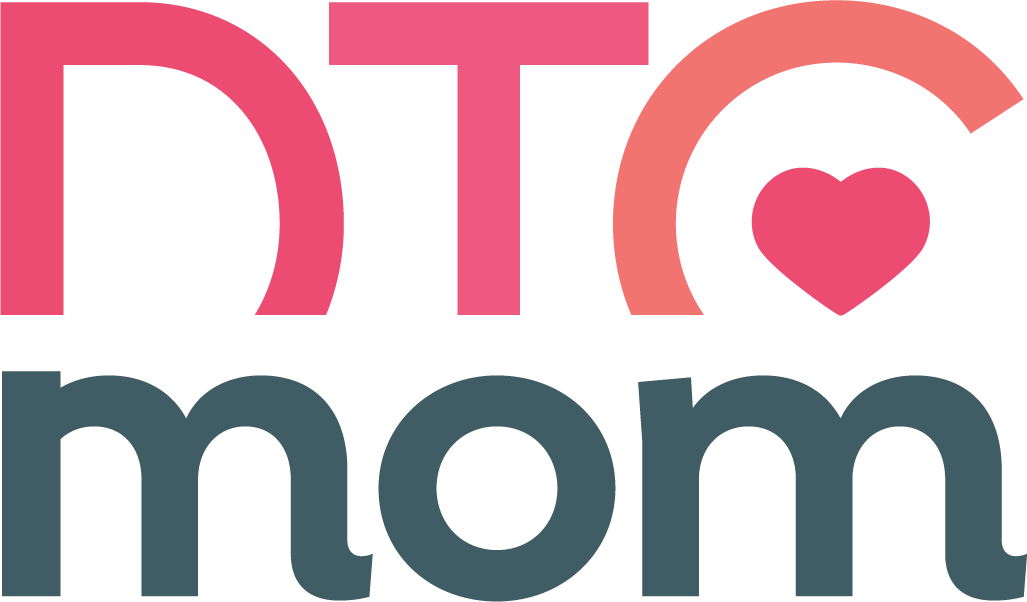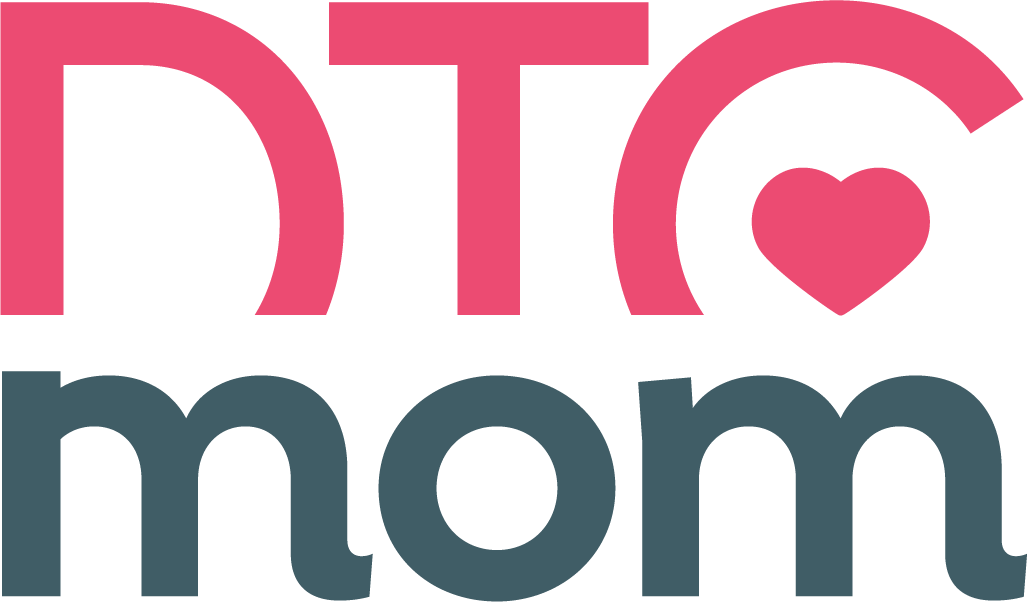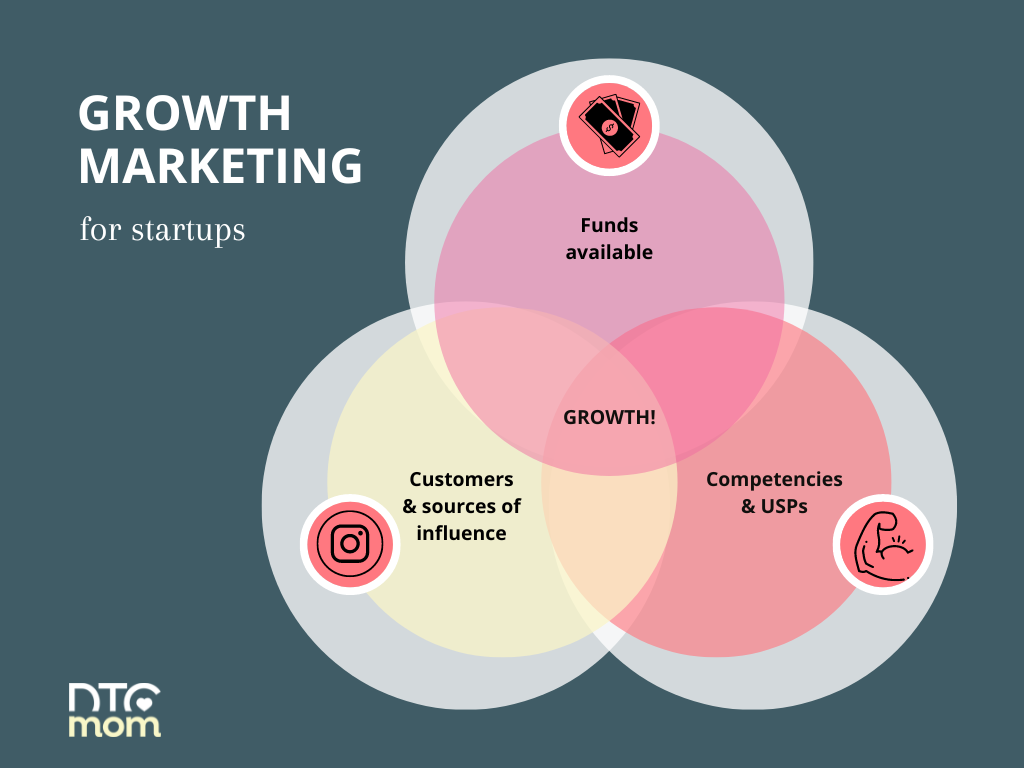Demystifying growth marketing for early-stage startups (with Nick Selman)
Even the most passionate startup founders can tell you that good vibes and intentions only go so far when building a new company in the parenting industry. Finding the fast track to growth can be trickier than keeping up with your baby’s onesie sizes. You can be in the weeds of your Google Analytics or Instagram reach reports all day, but if customers aren’t buying, you’re not getting that sweet, sweet revenue. Enter: growth marketing.
I recently interviewed my friend Nick Selman, head of growth for early and mid-stage startups (most recently for Tinkergarten). This conversation is rich with advice for founders on approaching growth as part of their marketing strategy, especially when it feels like everything is possible.
Read the full interview to see why Nick gets addicted to being proved wrong, what he says founders need to double down on early, and what to look for when hiring a growth marketer.
A Q&A with Nick Selman, growth marketing expert
Q: Can you explain growth marketing and how it fits into the broader marketing umbrella?
I think of marketing as the practice of investing resources (e.g., money, time, influence) into channels, and getting some positive business return on that investment. When someone is first starting with their business, they look around and say to themselves, “Gee, there are a lot of different marketing things I could be doing.”
Growth is the science of figuring out what you can (and can’t) do to grow your business and then executing on what has the highest leverage. So, growth is the center of the Venn diagram. It sits at the intersection of these high-level questions:
“Who are my customers and what are their sources of influence?”
“What are my company’s competencies or points of difference?”
“What is economically available to us as an investment?”
Q: It’s overwhelming to think about all the possibilities of launching and growing a brand—TikTok, influencer marketing, ads, etc. When launching a new brand as a solo founder or small team, what are some ways to know what channels to focus on from the start?
The first thing to understand is that if you do Growth correctly, you really need only one “core” marketing channel. So if you’re a DTC brand, your goal shouldn’t be to do everything. It should be to really nail one channel.
There are lots of ways to get here. I see a lot of early-stage companies that are already seeing traction in a channel. My advice to them is, “Keep going!” But then I’ll see other brands who haven’t even gotten started–and that’s ok, too! We can start to figure it out by talking to customers and experimenting (aka placing small bets in a few channels).
Q: How can startups in the parenting space track and measure success, especially if it’s more for brand awareness vs. hard conversions?
For early-stage founders, it can be frustrating how little signal there is in your data compared to the noise. Instead of being very data-driven, I usually coach founders to get super close to their customers and begin to form the qualitative narrative for who they are, what motivates them, and hypotheses for how you’re going to reach them.
A part of any good hypothesis is data. That sounds abstract, but let’s say you have a hypothesis that you can grow viral content for your audience with Instagram. For that to be true, you must produce regular content that grows your account’s reach and engagement over time. If you can do that, you *might* have a good channel strategy on your hands; but it’s not the end of the road!
You’ll next need to figure out how those KPIs are translating to traffic, and conversions, and at what cost. The point is, don’t dig into “high-level data” (like your Google Analytics) looking for insights. Go into the level where the insights are generated, and build out from there.
Q: What’s the biggest mistake you see first-time founders making when launching a new brand?
Here’s the deal: you’re going to make a ton of mistakes. Your goal shouldn’t be to limit mistakes. Your goal should be to learn from them, and survive them (i.e., not let them kill you). The easiest way to make unproductive mistakes is to listen to other people (who have no skin in the game) tell you what to do, and not trust your gut or what makes sense to you.
Q: How do you use customer interviews and research in marketing strategy and to identify a target market?
To have a successful growth strategy, you need to know what your ideal customer profile (ICP) is. There is lots of bad advice out there in ICP and “persona” land, but here’s what’s worked for me:
Get to know your customer intimately, and figure out what their sources of influence are. Chances are that there’s a target market, which a plurality of your customers is receiving influence from. For example, if you are selling to dads who get their fashion advice primarily from their partners, you need to think about the mechanics of how that relationship will result in awareness and then purchases.
Q: What gets you the most excited about growth marketing?
Nick: I love finding that “nugget” of wisdom that is totally contrary to my previously-held beliefs. The best founders love being wrong about stuff. Conventional wisdom does not build the next billion-dollar consumer brand. I’m so addicted to those nuggets that I actively seek them out. They’re like a drug.
Q: What should startups know about hiring a growth marketer that fits their business model and goals?
I observed that “growth” in DTC brands means digital marketing and performance marketing. It’s a more linear term that describes ads, out-of-home (OOH), and other channels which can be measured with return on ad spend (ROAS) calculations and attribution.
Where I come from (tech/software), growth starts with the question “How does my company grow?” and mostly ignores channel marketing to start. So, if you feel like your brand grows with ads, you might seek out a traditional DTC growth marketer. But if you feel like your brand is unique, you might want to talk to some growth folks from the tech or tech-enabled world.
Q: If you had to write a fortune cookie about growth marketing, it would say:
“Talk to your customers. Everything you need to know is already there.”
About Nick Selman
Nick is a growth generalist leader with an impressive track record in early-stage startups and tech, including as a former founder. He helps founders navigate the "0 to 1" of what growth means for their startup, standing up new go-to-market motions, channel experimentation/creation, and laying the groundwork for growth. Though he’s opposed to one-size-fits-all growth approaches, he can do it all—teammates describe him as “the growth swiss-army knife.”
Good news! As Nick transitions to what’s next in his career, he’s open to limited consulting arrangements. Reach out on LinkedIn for more info (and follow for more growth marketing gems).




